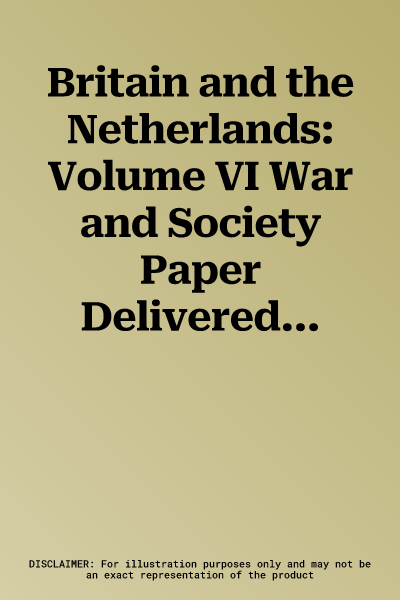Britain and the Netherlands: Volume VI War and Society Paper Delivered to the Sixth Anglo-Dutch Historical Conference (1977)Paperback - 1977, 17 October 2011

Qty
1
Turbo
Ships in 2 - 3 days
In Stock
Free Delivery
Cash on Delivery
15 Days
Free Returns
Secure Checkout
Print Length
256 pages
Language
English
Publisher
Springer
Date Published
17 Oct 2011
ISBN-10
9400996764
ISBN-13
9789400996762
Description
Product Details
Book Edition:
1977
Book Format:
Paperback
Country of Origin:
NL
Date Published:
17 October 2011
Dimensions:
21.59 x
13.97 x
1.42 cm
ISBN-10:
9400996764
ISBN-13:
9789400996762
Language:
English
Location:
Dordrecht
Pages:
256
Publisher:
Weight:
312.98 gm

